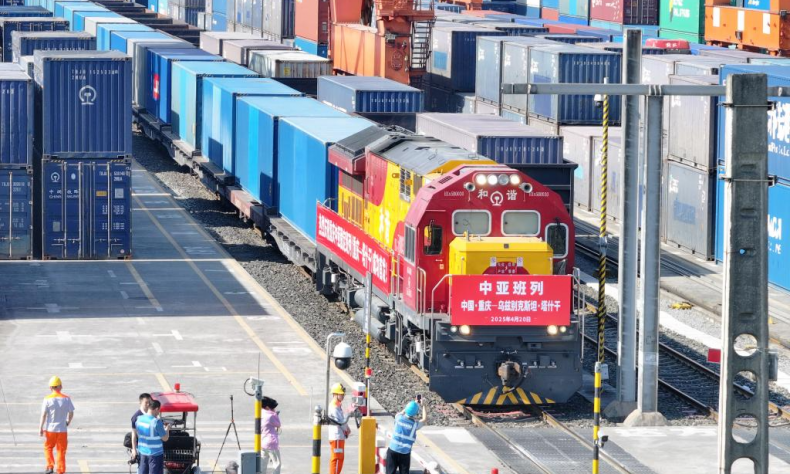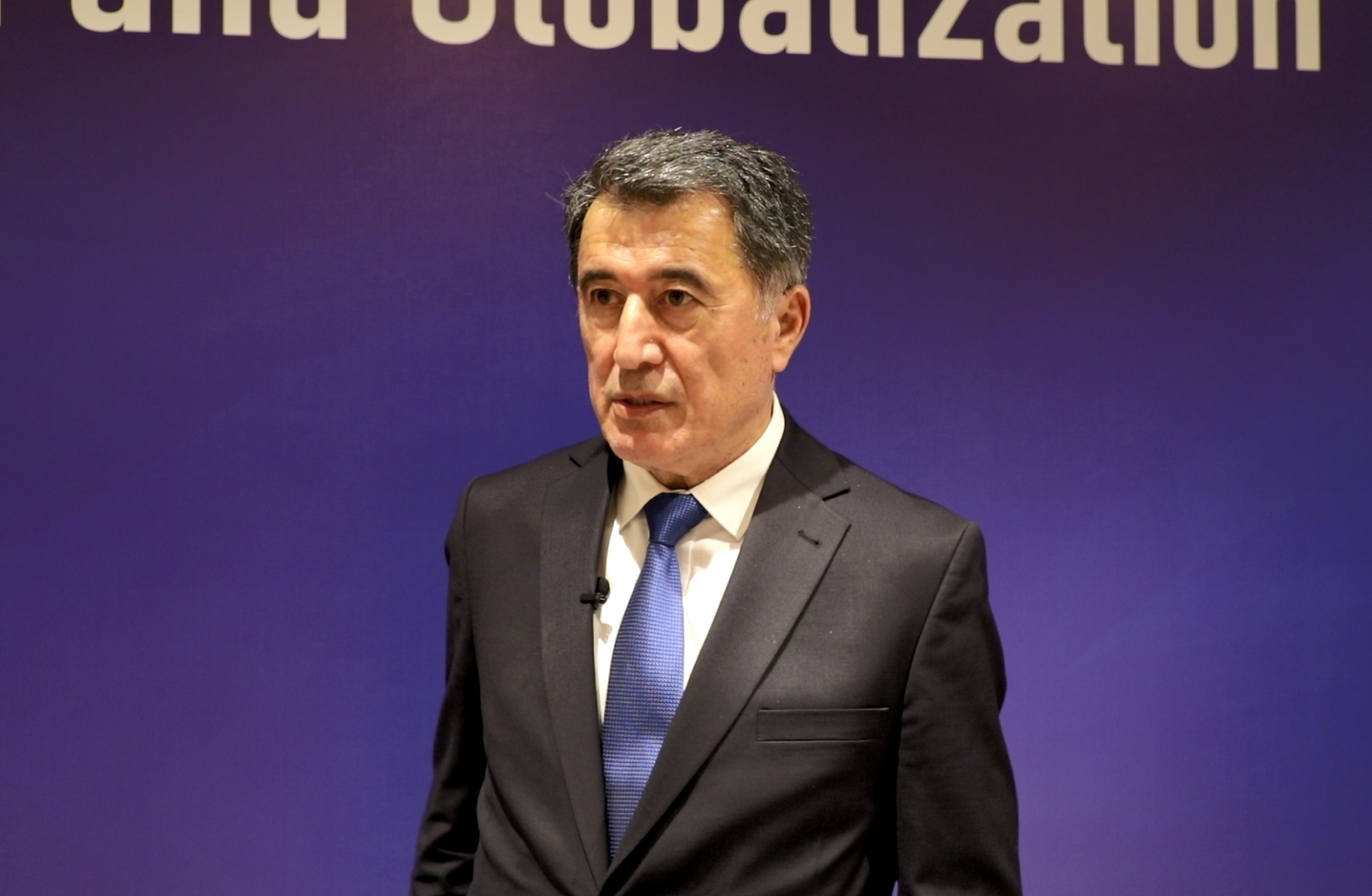China-Central Asia Cooperation: New Patterns in Global Governance

China’s cooperation with its Central Asian neighbors shows a good example of cooperation based on mutual respect, mutual interest, and mutual advantage.
Editor’s Note: Global governance is undergoing a profound transformation as new actors and partnerships reshape the international landscape. What role is China playing in advancing a more inclusive global governance? How is China contributing to the world through active engagement in South-South cooperation and regional platforms, such as the Shanghai Cooperation Organization (SCO)? In an interview with China Focus,Vladimir Norov, former Foreign Minister of Uzbekistan and former secretary general of the SCO, shares his insights. Edited excerpts of the interview are as follows:
China Focus: With the collective rise of the Global South, it is becoming increasingly important in the global governance landscape. What are the reasons behind it? And how is China contributing to this development?
Vladimir Norov: First of all, I would like to say that development in the Global South is now coming into focus for the international community. But what is behind such growing interest in the Global South? It is because the Chinese economy grows. The Chinese example shows that many urgent issues can be resolved, such as eliminating poverty, developing green economy, building transport infrastructure, and improving the well-being of ordinary people. China has accumulated significant experience in development. If we look back to the end of the 1980s, China was not in such a good position.
Now, China would like to share its experience. Many countries from the Global South have benefited from it because China has financed many projects in these countries, helping to develop infrastructure and energy systems. For example, China manufactures over 70 percent of the world’s solar panels.
We know that Global South countries face many problems, including poverty, underdeveloped economies, energy shortages, poor healthcare, and so on. But they also possess vast mineral and rare metal resources, and they have great potential for development and food security. That’s why it is in the interest of the world community to support the Global South. But until now, there has not been enough attention from international organizations. We see a deficit in global governance on this issue.

However, China has set up an example of mutually beneficial cooperation within the framework of the Shanghai Cooperation Organization (SCO). While uniting major powers like China, Russia, and India, the SCO also includes small countries that work together on the basis of mutual respect. The SCO and its member countries play an important role in contributing to peace, stability, and sustainable development in the Asian continent. Over the past 24 years, China has supported Central Asian countries in developing their infrastructure, particularly transport infrastructure. Transport connectivity between China and Europe has developed through infrastructure investments in Central Asia. Today, 85 percent of rail cargo between China and Europe passes through Central Asia. China, Uzbekistan, and Kyrgyzstan are working on the construction of a railway that will link the tree countries. This new route will be 900 kilometers shorter than the current railway line and reduce delivery time by 3 to 5 days. It will support the development of landlocked Central Asian countries, such as Uzbekistan.
China’s cooperation with its Central Asian neighbors shows a good example of cooperation based on mutual respect, mutual interest, and mutual advantage.
China Focus: This year marks the 80th anniversary of the founding of the United Nations (UN). How do you evaluate China’s role in supporting the UN-centered international system?
Vladimir Norov: China is contributing a lot. For example, China supports the implementation of international law in many parts of the world and also tries to follow international law itself. However, the effective implementation of international law depends more on the capacity and efficiency of international organizations—first and foremost, the UN. Comprising more than 190 member countries, the UN adopted a lot of conventions in which China actively participates.

There is an urgent need for more new initiatives. China has proposed several, such as the Global Security Initiative and the Global Civilization Initiative. Another important initiative is about global digital governance. On the one hand, AI is developing rapidly and contributing to the economy and improving people’s lives. China is leading the world in e-commerce that no other country has such a large volume of trade. Moreover, China is promoting e-commerce not only inside of China but also in neighboring countries.
But in parallel with opportunities, we are also facing some challenges brought by AI. Cybercrimes are on the rise, and AI could cause big damages to our countries if it is used by hackers. AI is also being used in military equipment, including unmanned planes and others. Unlike conventional or nuclear arms, AI is harder to be controlled and can proliferate more easily. Uncontrolled spread of AI and the competition among companies and countries to implement AI in military systems could raise serious threats to the world community. That’s why we need global AI governance.
In 2023, Chinese President Xi Jinping put forward the Global AI Governance Initiative. In July 2024, the UN adopted a resolution proposed by China on AI governance, with over 140 countries supporting it.
China Focus: China will host an SCO summit in Tianjin this autumn. What are your expectations for this event?
Vladimir Norov: In March, I was invited to Tianjin to share some experience. I saw that the local government had done a lot of work to organize this high-level event. During its rotating presidency, Uzbekistan held a SCO summit in 2022. Now, it’s China’s turn to take the presidency. China gives special attention to the growing role and influence of the SCO in resolving urgent global issues, such as climate change, security and stability, poverty alleviation, green economy, transport connectivity, and the development and adaptation of AI.
China will propose new initiatives based on its own development experience and are designed to produce practical results. That’s why SCO member states view China’s presidency with great interest. I’m sure this summit will be very successful and will have a big impact on SCO’s future development.
 Facebook
Facebook
 Twitter
Twitter
 Linkedin
Linkedin
 Google +
Google +










